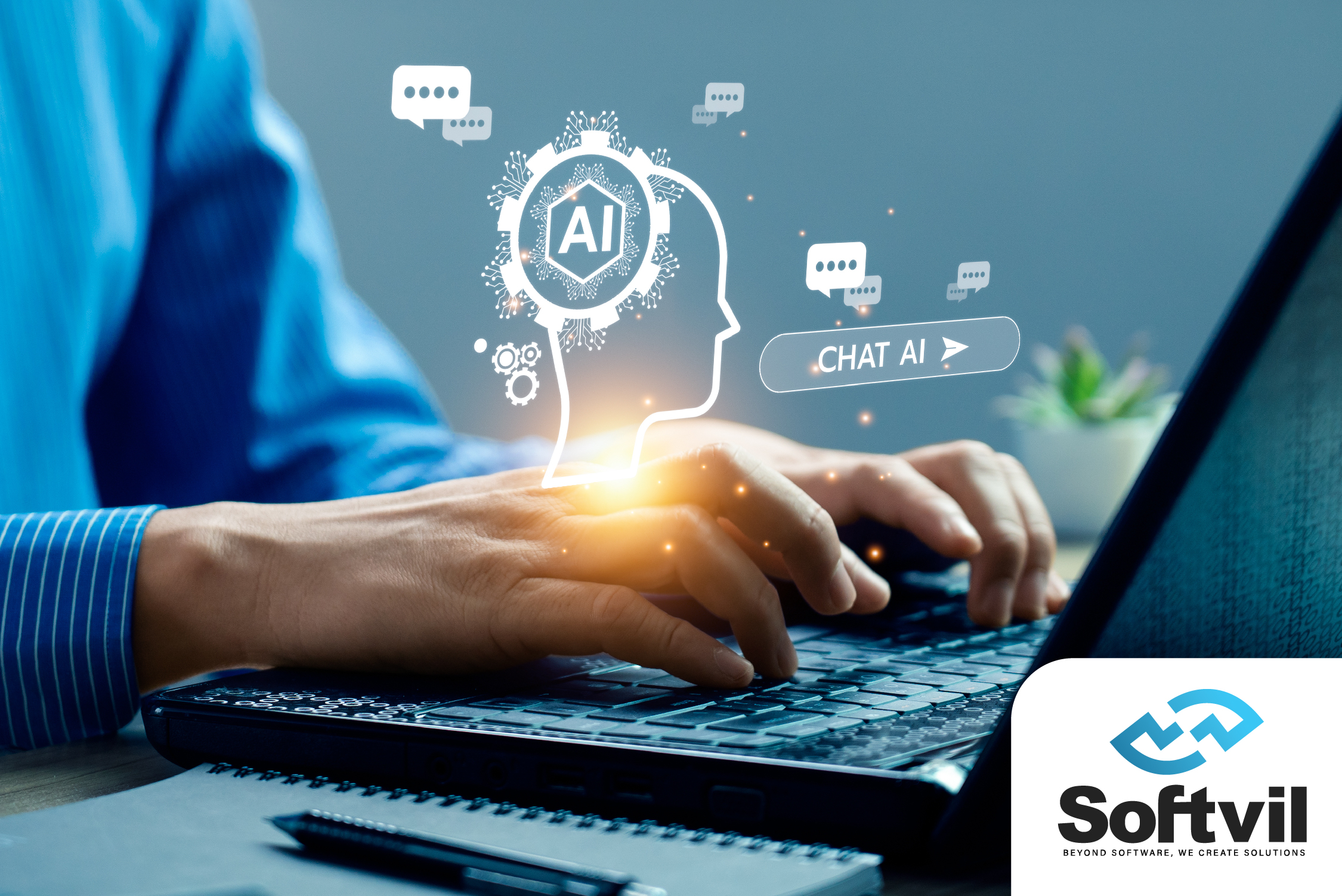Artificial Intelligence (AI) can improve software testing by automating repetitive and time-consuming tasks, such as test case generation and execution. AI can also be used to predict potential bugs and defects in software, allowing developers to address them before they become major issues. Additionally, AI can be used to analyze test results and provide actionable insights that can be used to improve the overall quality of the software. AI can also simulate user interactions with software and detect usability issues, which can be difficult to identify through traditional manual testing. Overall, AI can help to increase the efficiency, accuracy, and effectiveness of software testing.
What exactly is AI-based software testing?

AI-based testing is a new and innovative approach to software testing that leverages the power of artificial intelligence to improve the efficiency, accuracy, and effectiveness of the testing process. The main goal of AI-based testing is to automate repetitive and time-consuming tasks, such as test case generation and execution, and to predict potential bugs and defects in software. One of the key components of AI-based testing is the use of machine learning algorithms to analyze large amounts of data and identify patterns that can be used to predict potential bugs and defects in software. This can be done by analyzing code, test results, and other data related to the software being tested.
Another important component of AI-based testing is the use of natural language processing (NLP) to understand and interpret user requirements and to generate test cases that are tailored to these requirements. This can be done by analyzing user feedback, customer complaints, and other data sources to understand user needs and expectations. Another key component of AI-based testing is the use of computer vision to detect usability issues in software. This can be done by simulating user interactions with the software and analyzing the results to identify areas where the software is difficult to use or where users are likely to experience problems. Overall, AI-based testing is a powerful and flexible approach to software testing that can help to improve the quality of software and to identify and address potential issues before they become major problems.
What kind of role does a tester get to play in AI-based software testing?

The role of the tester in AI-based testing is evolving, as artificial intelligence and machine learning are being integrated into the testing process. The tester’s role shifts from manual testing to overseeing the AI-based testing process and interpreting the results. One of the main responsibilities of the tester in AI-based testing is to design and implement test cases that are appropriate for the software being tested. This includes identifying the right test data, test inputs, and expected test outputs that will be used to train the AI models. Testers also need to understand the limitations of the AI models and how to validate the test results.
Another important responsibility of the tester is to monitor and evaluate the performance of the AI models. This includes analyzing the test results, identifying any issues or problems, and determining if the AI models are providing accurate and reliable results. Testers also need to make sure that the AI models are being used appropriately and that the test results are being interpreted correctly. The tester also needs to work closely with the development team to ensure that the AI models are integrated properly into the software development process. This includes communicating any issues or problems that are identified during testing to the development team and working with them to resolve any issues.
In addition to these technical skills, the tester in AI-based testing also needs to possess good communication and collaboration skills to work with the team effectively. Overall, the tester plays a crucial role in AI-based testing by ensuring that the AI models are providing accurate and reliable results, interpreting the results, and working with the development team to improve the software quality.
How does AI-based testing shapes the future of software testing?

Artificial intelligence (AI) is shaping the future of testing by making the process more efficient, accurate, and effective. AI has the ability to automate repetitive and time-consuming tasks such as test case generation and execution, which can save a lot of time and resources. This not only speeds up the testing process but also reduces the chances of human error. AI can also be used to predict potential bugs and defects in software, which can help developers to address them before they become major issues. This can help to improve the overall quality of the software and reduce the need for manual testing.
Another way AI is shaping the future of testing is through the use of machine learning algorithms to analyze large amounts of data and identify patterns that can be used to predict potential bugs and defects in software. This can be done by analyzing code, test results, and other data related to the software being tested. AI can also be used to simulate user interactions with software and detect usability issues, which can be difficult to identify through traditional manual testing. This can help to improve the user experience and make the software more user-friendly.
Additionally, AI can also be used in the test case generation process. By using natural language processing (NLP) to understand and interpret user requirements and generate test cases that are tailored to these requirements. AI is shaping the future of testing by making the process more efficient, accurate, and effective, and helping to improve the overall quality of software. With AI, testers can focus on more important tasks, such as interpreting the results and working with the development team to improve the software quality.
In conclusion
Artificial Intelligence (AI) has the potential to greatly improve the efficiency, accuracy, and effectiveness of software testing. AI can automate repetitive tasks such as test case generation and execution, predict potential bugs and defects, provide actionable insights and detect usability issues. With AI, the software testing process can be more efficient and accurate, and the overall quality of software can be improved. As AI technology continues to advance, it is likely that we will see an increasing number of AI-based testing tools and solutions in the future, which will further improve the software testing process.

